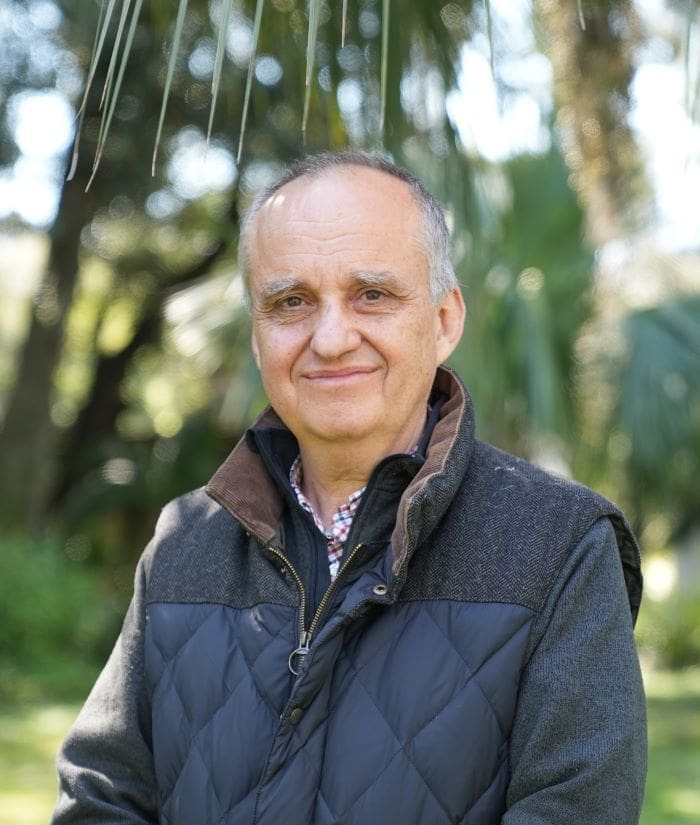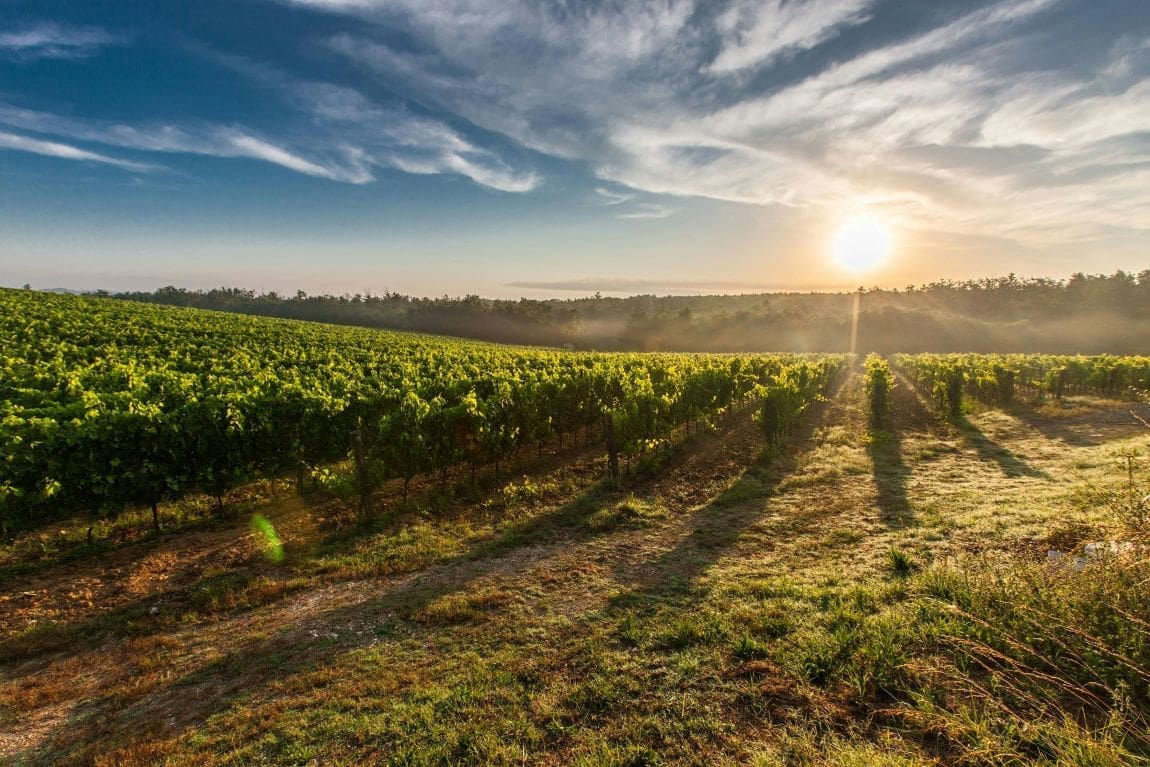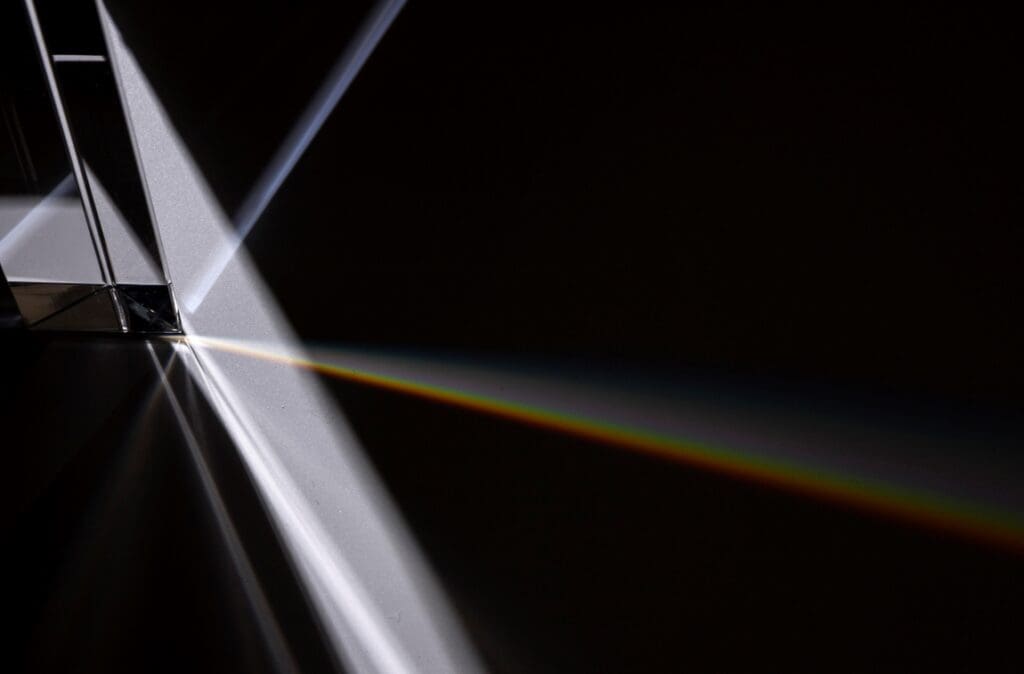Italian soil scientist Professor Fabio Terribile is on a mission to improve soil quality, with the help of EU funding and 19 partners across Europe.
By Elizabeth Freeman | Horizon, the EU Research and Innovation Magazine
Like an old friend that helps you to better manage your soil

Professor Terribile and his team at the LANDSUPPORT project have worked together to develop an all-in-one tool to help farmers, policymakers and urban planners make better decisions to improve soil quality and boost local economies at the same time.
From choosing where to plant certain crops, to building a new housing development decisions are made every day in agriculture, city planning and local policy. Such actions impact and are impacted by the land around us. This includes how much water the ground can absorb, the health of soils, and their ability to grow healthy food for us in the future. We all stand to benefit from healthy soils, which are the foundation of 95% of the food we eat, and host 25% of all biodiversity on the planet.
By exploring ways to improve the situation on a local level, European researchers like Terribile are offering solutions that can be replicated around the globe and have an impact on the challenges we face.
Taking the guesswork out of decision making
Terribile and his team are guided by the philosophy that we cannot tackle complex problems such as environmental degradation, climate change and rural economic decline with everyone working in their corner individually. For this reason, he and his colleagues have brought together vast amounts of data relating to geology, weather forecasting, and even cultural history, into one accessible digital tool that helps users forecast the outcomes of their actions.
The complex choices facing people who work with soil are illustrated by oenologist Marco Giulioli from the Telesina Valley, about 60 kilometres north-east of Naples. Giulioli points out that the valley, which is home to several small-scale wine producers, is composed of a patchwork of different types of soil, from volcanic to calcareous, each of which interacts differently with the vines that are planted there.
‘A vine can basically grow in a different way in relation to the kind of soil you have,’ he explains. If a grower wants to ensure a high yield of white grape, for example, they could use the tool to determine the best variety to use for the land they have, taking into consideration how much sun exposure it gets and the quality of the soil.
The web-based programme developed by Terribile and his colleagues allows agricultural producers, including viticulture farmers and oenologists like Giulioli, to select a specific area of land on the map using their computer mouse, then insert different possible scenarios, such as the choice of grape and weather forecasts, and see what different outcomes, such as yield and quality of harvest, can be expected.
Giulioli points out that this is a valuable way to make sure they are making decisions for the viticulture company based on data, and not pre-existing ideas. As he explains, ‘sometimes what you can see with your eyes and what you can see from your experience is not really the same thing as what you can see just checking the data’.
From data to knowledge
Professor Terribile explains that the true value of the tool is its versatility. Rather than a data set about soil quality in a given region being used for just one study or report, integrating it into the tool means it can be put to many different uses.

Not only can it be used by oenologists like Giulioli to make decisions about planting vines, but it gives his colleagues valuable information about terroir that can be used on wine labels, something he notes that has not been hugely common in the Campania region of Italy until now. This is why a tool which, on the surface, is about protecting soils, has actually been designed to do so much more. ‘We need to connect everything our system produces, not something theoretical, but something operational, for everybody,’ explains Terribile.
The development of groundbreaking tools such as this is the perfect example of how research and innovation are having a concrete impact on building a better society, creating powerful solutions to the concrete problems we face.
This article was originally published in Horizon, the EU Research and Innovation Magazine.
Republished on Muser Press under a Creative Commons Attribution 4.0 International licence.
More information:
Research and innovation for the European Green Deal | Soil
Featured image credit: Pixabay | Pexels




